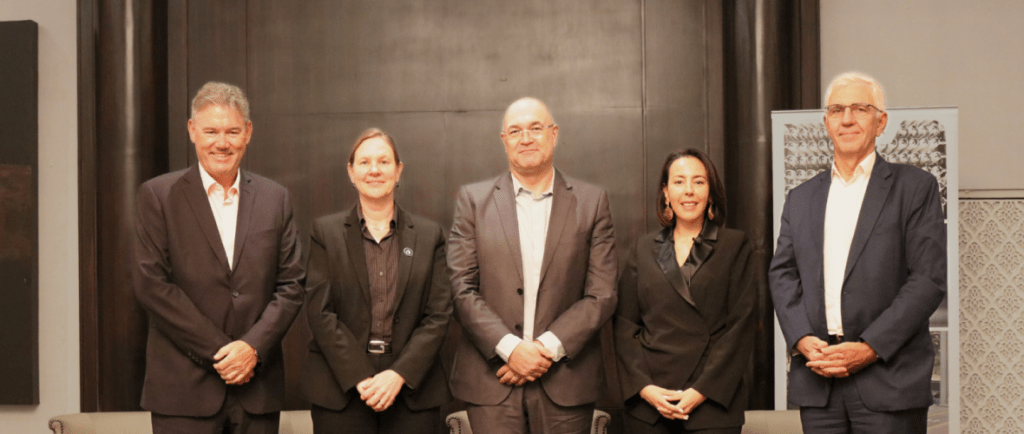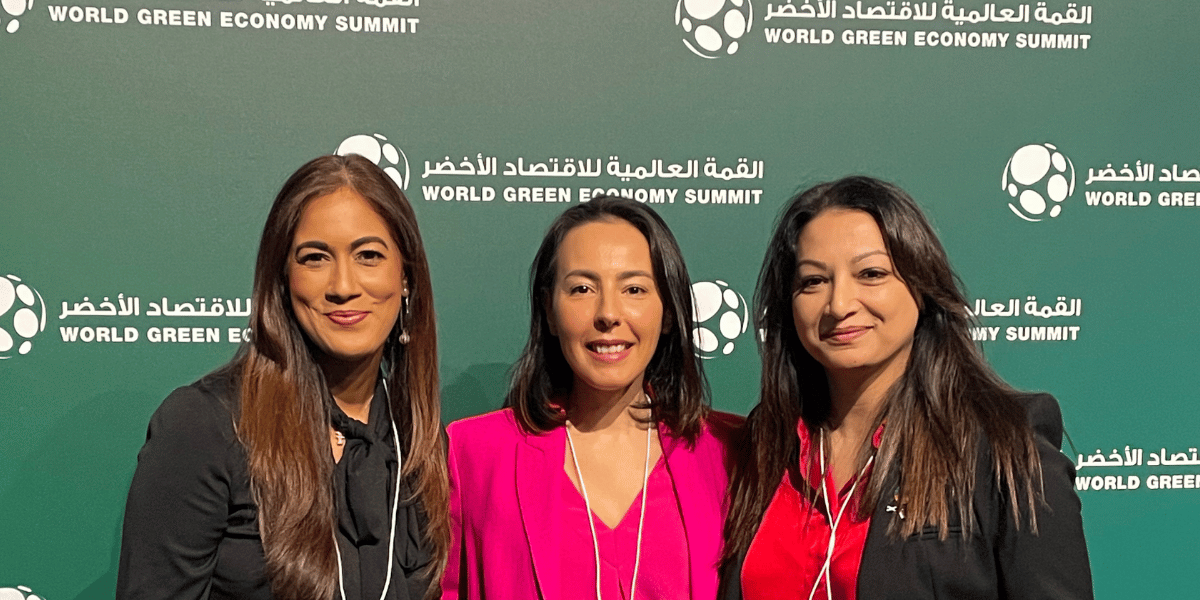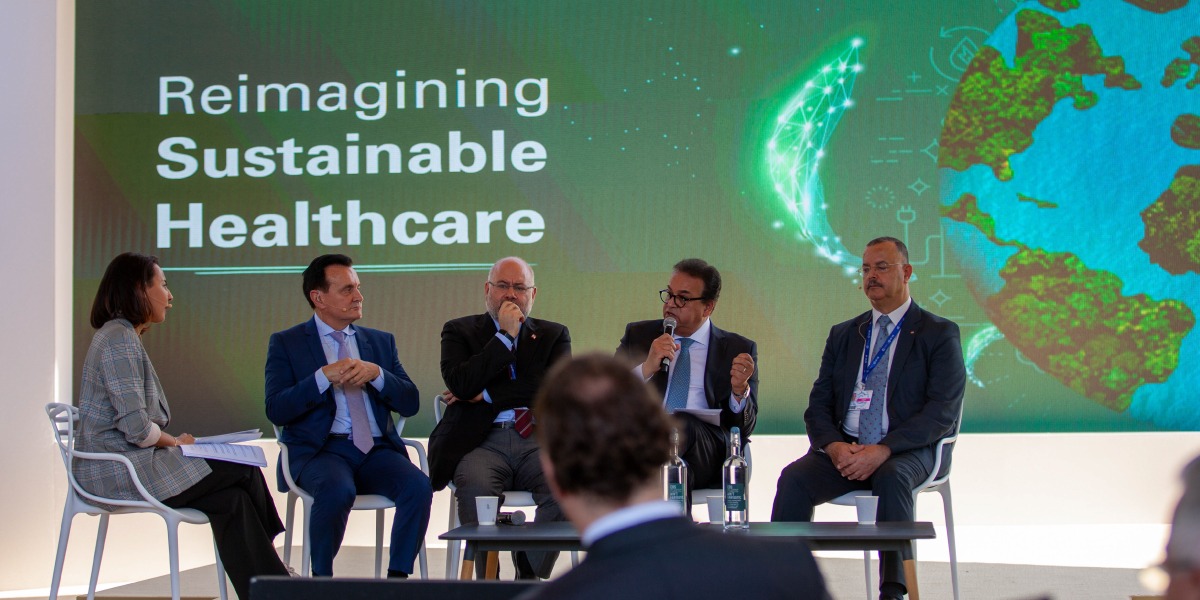Water is the lifeblood of civilizations, a critical resource that has shaped the history and will determine the future of the Middle East and North Africa (MENA) region. Today, the MENA region stands at a crossroads, facing a water crisis that threatens its stability and prosperity. With over 10 of the 25 most water-stressed countries in the world located here, including the United Arab Emirates and Saudi Arabia, the urgency for sustainable solutions has never been greater.
Challenges Facing the MENA Region
The MENA region is the most water-scarce region in the world, a situation exacerbated by climate change and political instability. Why is the MENA region so vulnerable?
- Arid Climate: Naturally low rainfall coupled with high temperatures leads to rapid evaporation, leaving little freshwater readily available.
- Growing Population: A rapidly growing population puts immense pressure on existing water resources.
- Climate Change: Rising temperatures and erratic weather patterns further exacerbate water scarcity.
- Inefficient Water Management: Outdated infrastructure and unsustainable practices contribute to significant water losses.
These challenges are compounded by the region’s geopolitical complexities and the need for cross-border cooperation on water management. According to CSIS (Center for Strategic and International Studies) by 2050, it is projected that every country in the MENA region will live under extremely high water stress, with a potential 75% drop in freshwater availability if global temperatures rise by 4°C3. This scarcity is not just a matter of environmental concern but a multifaceted challenge affecting health, economic growth, and social stability.
The UAE: A Model for the Future.
The UAE, recognizing the critical state of water resources, has established the UAE Water Security Strategy 2036. This comprehensive plan aims to ensure sustainable access to water during both normal and emergency conditions. The strategy’s objectives are ambitious yet crucial:
- Reduce total demand for water resources by 21%
- Increase the water productivity index to USD 110 per cubic meter
- Reduce the water scarcity index by three degrees
- Increase the reuse of treated water to 95%
- Increase national water storage capacity up to two days.
Collective Action is Key
The water crisis in the MENA region demands a multi-pronged approach. Governments, businesses, and individuals all have a role to play. By implementing innovative solutions, promoting water conservation, and fostering regional collaboration, we can create a water-secure future for generations to come.
However, a critical piece of the puzzle lies in shifting public perception. According to the world bank, on average, water availability in the MENA region is only 1,200 cubic meters per capita, significantly lower than the global average of 7,000 cubic meters.
This highlights the need for increased public awareness campaigns that emphasize water as a precious commodity. Educating citizens on responsible water use and the environmental impact of current consumption patterns is crucial.
Mena Impact, along with our partners like Veolia Near & Middle East – a global leader in optimized resource management, spearhead initiatives that create awareness on water scarcity and solutions that exist. Veolia’s expertise in wastewater treatment, desalination, and water reuse for irrigation is pivotal in turning the tide against water scarcity.
Experts acknowledge that while the path forward may not be paved with new inventions, the focus should be on enhancing existing solutions to make them less carbon-intensive, thereby aligning water resource management with global sustainability goals.
Conclusion
As we face the challenges of climate change, water must remain at the heart of our discussions and decisions, for it is the only way to ensure prosperity and peace for generations to come, the region’s future hinges on its ability to navigate the water crisis with wisdom and foresight.
By raising awareness, embracing innovation, fostering regional cooperation, and implementing strategic policies, the region can transform its water challenges into opportunities for growth and peace. Mena Impact, alongside Veolia Near & Middle East and other partners, stands ready to lead this charge ensuring that water remains a source of life and not a source of conflict.




